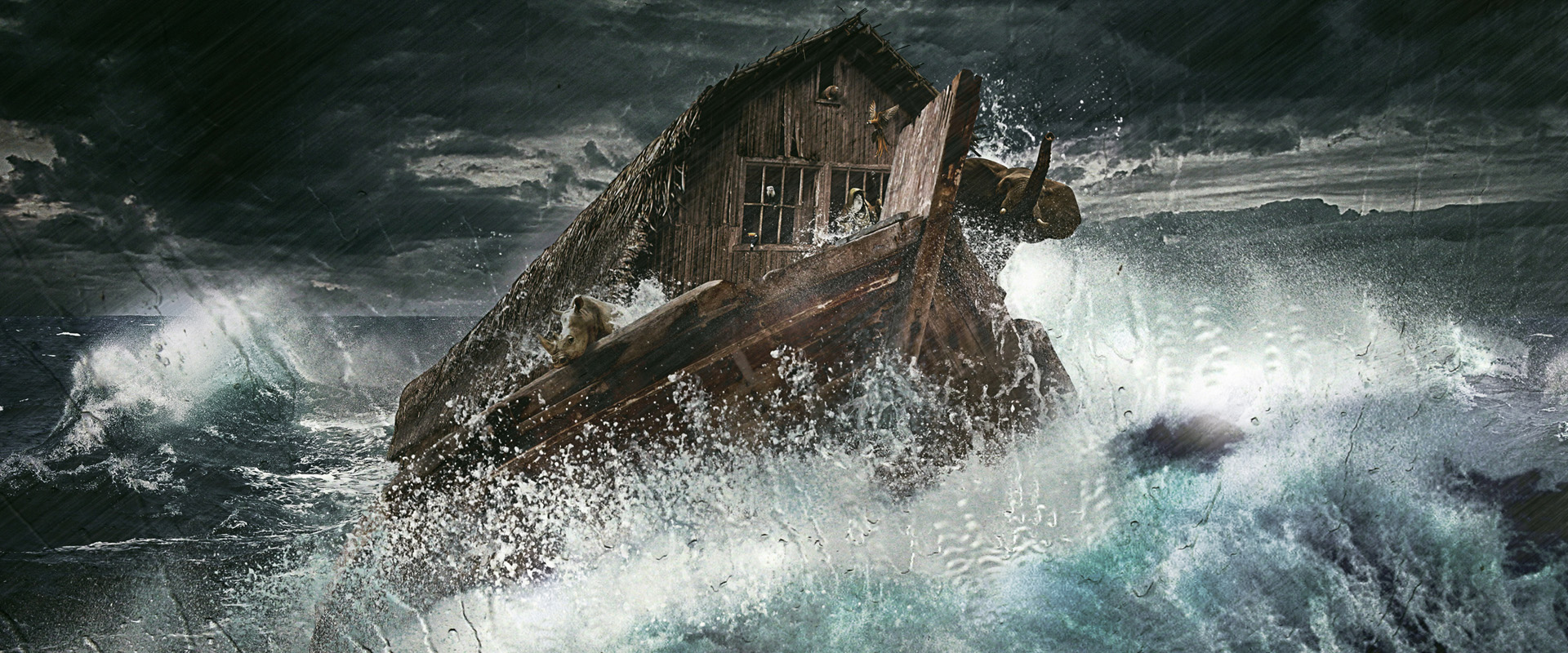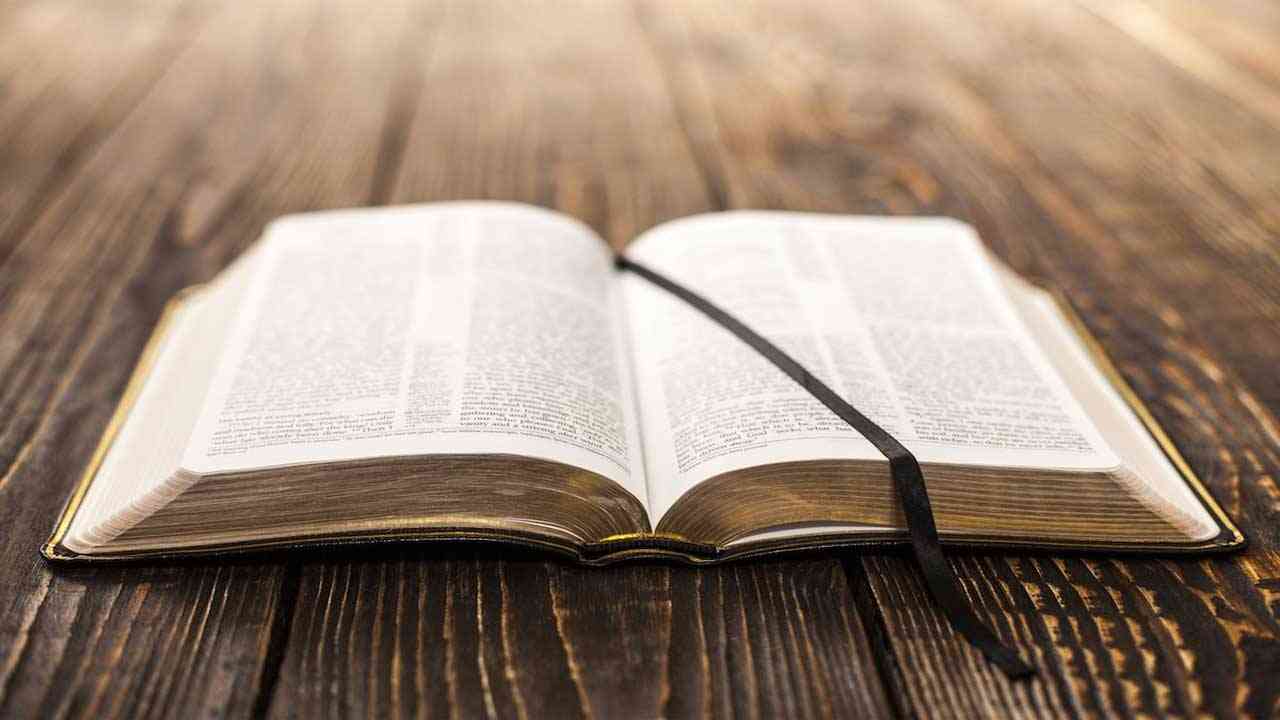
BY PROSPER TINGINI
In my last article, I implied that humanity’s continued sins have a direct bearing on the continual reduction of the life expectancy of mankind. I stated that initially when the Lord our God created Adam and Eve, He had intended to give them an infinite stretch of life. He had meant to give us an everlasting life on earth. However, because we sinned, be brought a halt to the eternal life by means of death. He also introduced human suffering. As a consequence of the sin of eating of the forbidden fruit, He ruled, “…In the sweat of your face you shall return to the ground, for out of it you were taken; you are dust, and to dust you shall return” (Genesis 3:19). Everlasting life can thus now only be enjoyed in the Heavens, in the spiritual realm. Sins brought forth death.
Genesis, full chapter 5, gives us a narration of some direct descendants of Adam and Eve up to the time of Noah and the great floods. It also provides us with some measurement of mankind’s life circle after God’s declaration of our death. Thereafter, mankind’s life expectancy had averaged about 900 years. Yet we continued to sin, until it reached a level where our Creator regretted our creation. Genesis 6:5-8 reads: The Lord saw that the wickedness of man was great in the earth, and that every imagination of the thoughts of his heart was only evil continually. And the Lord was sorry that He had man on the earth, and it grieved him to His heart.
So the Lord said, “I will blot out man whom I have created from the face of the ground, man and beast and creeping things and birds of the air, for I am sorry that I have made them”. But Noah found favour in the eyes of the Lord.
I have heard and seen people proclaim that our God does not anger. In our sermons we declare that because of His righteousness, he does not punish for our sins. We also hide behind the death of His Son, Jesus Christ, to perpetuate sins on the narrative that his death erased all our sins of past, present and future. Hence we continue to recklessly sin on that basis. Our scriptures have numerous examples in which the Lord is angered by the sins of mankind. In addition to that, our Bible recounts many instances where the Almighty meted out some different kinds of punishments in retaliation for some acts of human sin. He has also shown clear elements of forgiveness in cases where we exhibit contrition for our misdeeds. He has rewarded countless people who have done some good, or those who lived in accordance with His commandments. The Lord our God is thus of different attributes, and acts accordingly.
As already mentioned, the first anger of God aroused by human sin resulted in the proclamation of death. His second grievous anger culminated in the total devastation of our planet through floods, save for Noah and his family and a male and female pair of other species of His creations, for a new beginning. The sins of mankind not only affected humans but the consequences also swept across the “beasts and creeping things and birds of the air”. We owe these other creatures an apology for their devastation caused by our own sins. They were innocent souls which perished collectively for our human sins.
There is also the other side of God which manifests kindness, remorse and forgiveness. After the floods had consumed the earth and the Lord saw the extent of the total devastation caused by His anger, He reflected and regretted His actions. In His likeness, there are also moments when we regret some of our actions in life. He bemoaned his gross punishment for our sins, declaring; “I will never again curse the ground because of man, for the imagination of the man’s heart is evil from his youth; neither will I ever again destroy every living creature as I have done. While the earth remains, seed time and harvest, cold and heat, summer and winter, day and night, shall not cease” (Genesis 8:21-22).
To ensure that He kept His word and at least to be reminded of that promise, He made a pact with mankind through Noah and his sons, the only human family to survive the floods because of the righteousness of the patriarch. He proclaimed of the agreement; “Behold, I establish my covenant with you and your descendants after you, and with every living creature that is with you, the birds, the cattle, and every beast of the earth with you, as many as came out of the ark (every beast of the earth). I establish my covenant with you, that never again shall all flesh be cut off by the waters of a flood, and never again shall there be a flood to destroy the Earth” (Genesis 9:8-11).
- Chamisa under fire over US$120K donation
- Mavhunga puts DeMbare into Chibuku quarterfinals
- Pension funds bet on Cabora Bassa oilfields
- Councils defy govt fire tender directive
Keep Reading
As a signature to that agreement between God and all His creations which survived the regrettable floods, He signed; “This is the sign (signature) of the covenant which I make between me and you and every living creature that is with you with, for all future generations: I set my bow (rainbow) in the cloud, and it shall be a sign of the covenant between me and the earth. When I bring clouds over the earth and the bow (rainbow) is seen in the clouds, I will remember my covenant which is between me and you and every living creature of all flesh; and the waters shall never again become a flood to destroy all flesh. When the bow is in the clouds, I will look upon it and remember the everlasting covenant between God and every living creature of all flesh that is upon the earth” (Genesis 9:12-16).
One other notable but hidden consequence for our sins is that the lifespan or life expectancy for mankind was greatly reduced thereafter. Sin at first accounted for the loss of the potential of our everlasting life on earth; to a then average lifespan of around 900 normal years. Our continuous sins thereafter drastically reduced our life expectancy to below 150 after the floods according to numerous scriptures which quoted life periods of the subsequent generations of Noah, who were born after the floods. Today our continued sins have further eroded mankind’s life expectancy to less than 75 years. Next thing is our second extinction, the impending JUDGEMENT DAY.
- Prosper Tingini is the scribe of the Children of God Missionary Assembly – God’s messengers. Contact details: Mobile/whatsapp: 0771 260 195. Email address: ptingini@gmail.com










